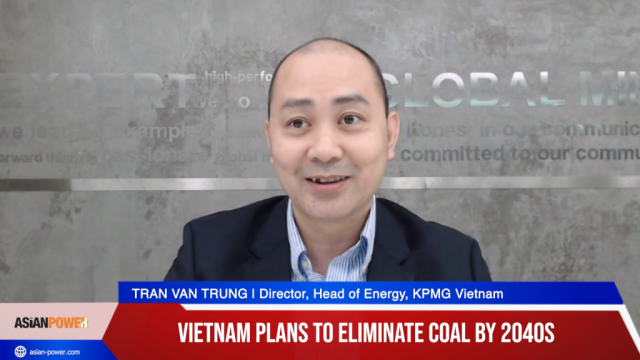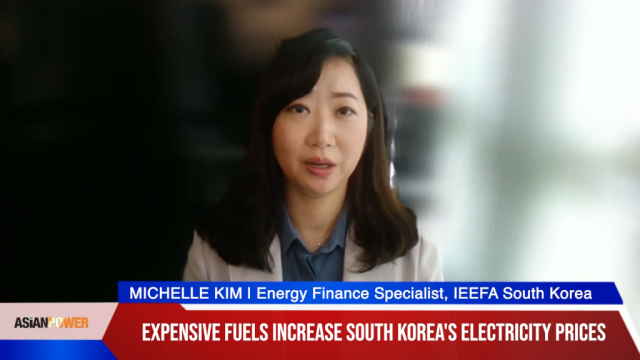
How Thailand's big shift to solar energy could boost power bonds
Demand for power bonds will be fueled.
RAM Ratings has a positive view of Thailand’s (the Kingdom) plan to increase the contribution by renewable energy - particularly solar power - to its generation mix, from 8% to an estimated 20% by 2036. Supportive policies, such as feed-in tariffs and programmes that promote investments, have played a key role in encouraging the growth of solar energy in Thailand, propelling the Kingdom to its current position as the largest producer of solar energy in South-East Asia.
“The bond market will play a crucial role in this transformation. Interest in solar-powered electricity generation and the consequent funding needs could ignite demand for power bonds in Thailand,” highlights Chong Van Nee, RAM’s Co-Head of Infrastructure and Utilities Ratings.
Here's more from RAM Ratings:
Thailand had an installed power-generating capacity of 38.8 GW as at end-December 2015. Notably, the Kingdom still relies heavily on natural gas, which fuels two-thirds of its electricity generation. As part of its fuel-diversification strategy, the Government of Thailand (GoT) has proposed to reduce natural-gas-powered generation by increasing its dependence on renewable energy (RE), particularly solar, as well as coal. Despite some softness in the Kingdom’s economic performance amid a slew of political and structural challenges, demand for solar power remains robust; Thailand’s solar power capacity expanded almost 5 times to 1.3 GW between 2011 and 2014.
Notably, Thailand’s sizeable local-currency bond market was valued at THB10.01 trillion or USD278 billion as at end-December 2015, equivalent to 74% of the Kingdom’s GDP. This makes Thailand the third-largest bond market (relative to the size of its GDP) in ASEAN after Malaysia and Singapore. While government bonds still dominated local-currency bonds (75%), the Kingdom’s expanding bond market has experienced a rapid increase in corporate bond issuance, largely underpinned by the transportation sector. Power-related bonds are still scarce as their appeal is muted by the availability of and easy access to bank financing to fund power projects. Despite this, we believe that the bond market could become an attractive alternative platform for long-term financing vis-a-vis the development of Thailand’s power sector.























 Advertise
Advertise







